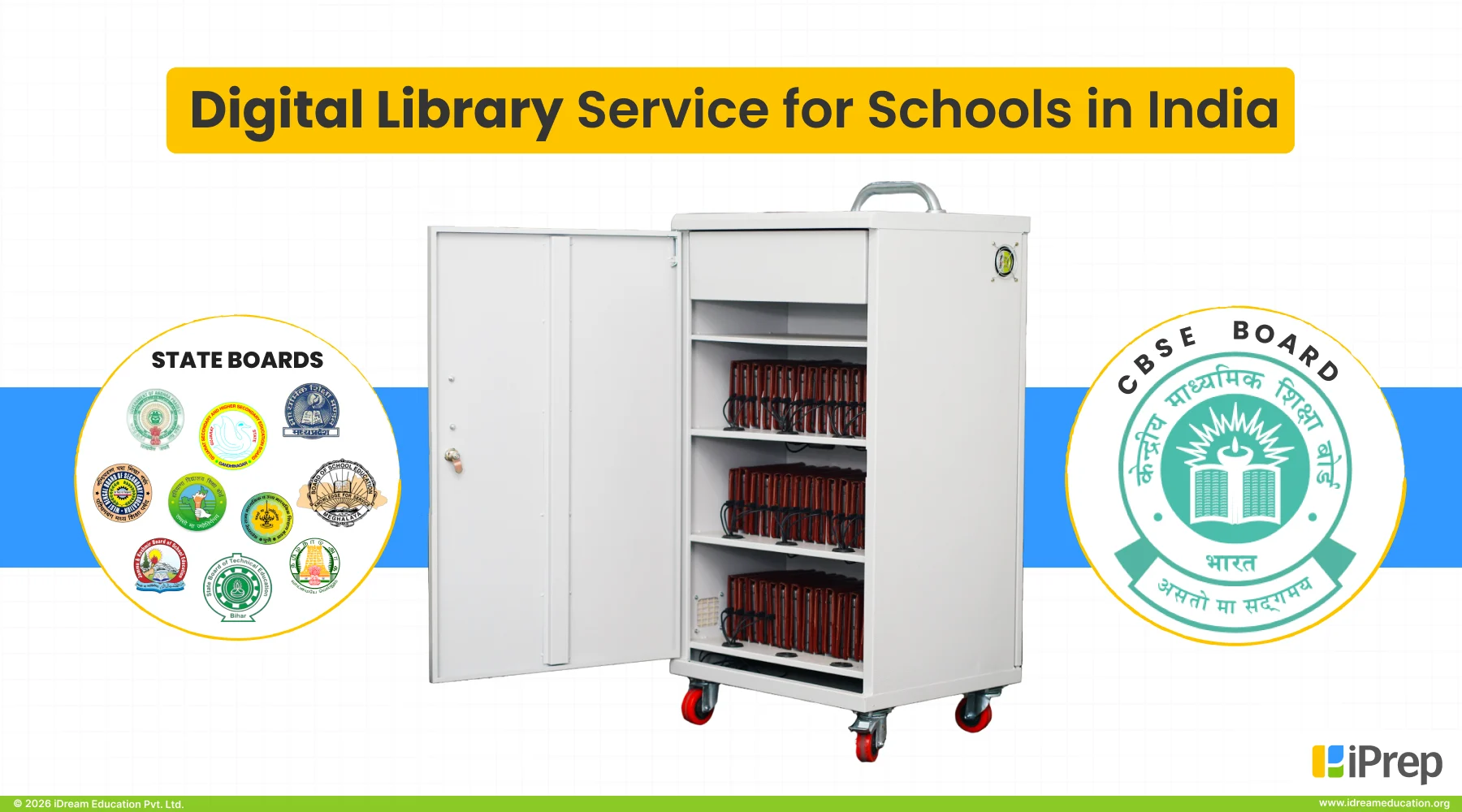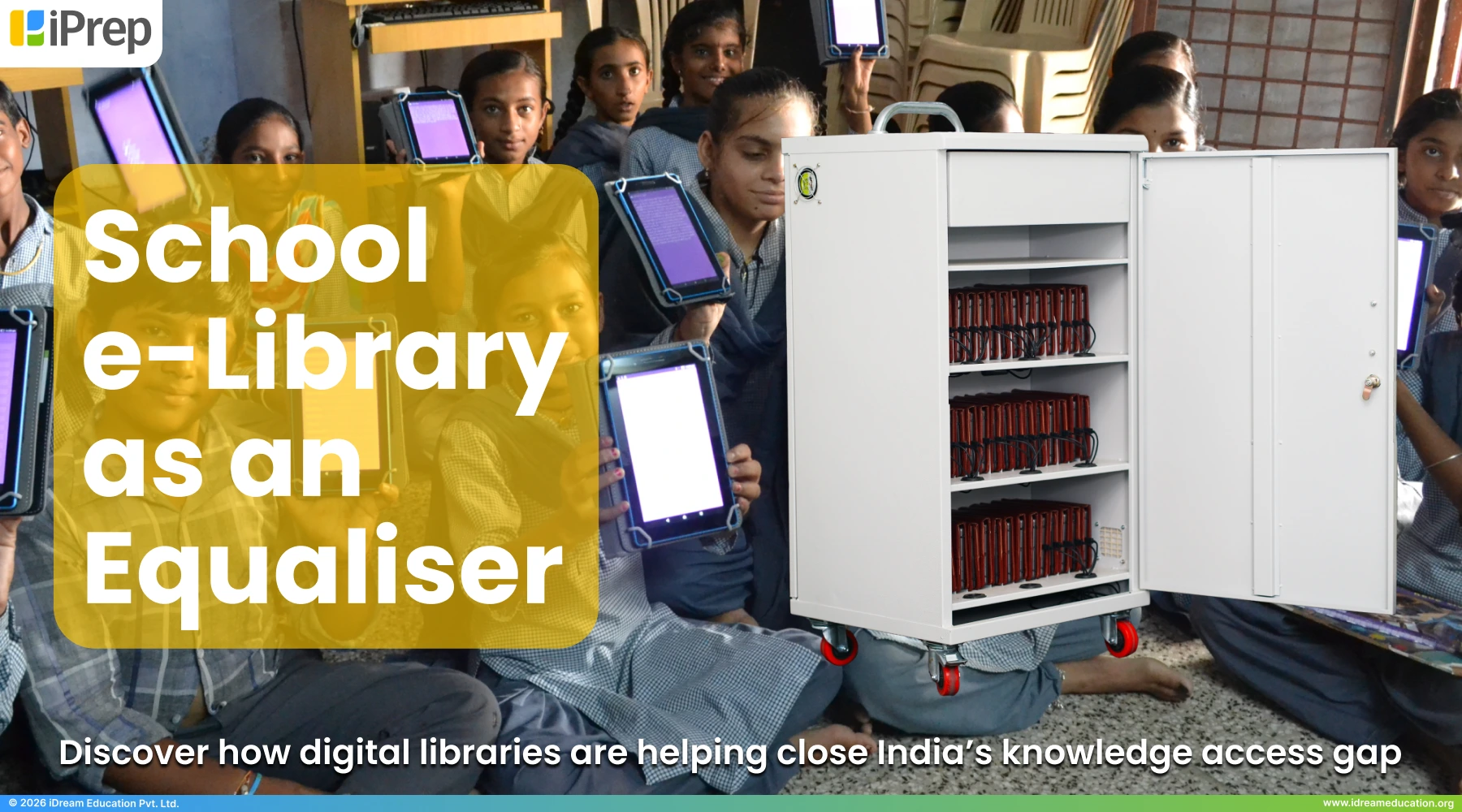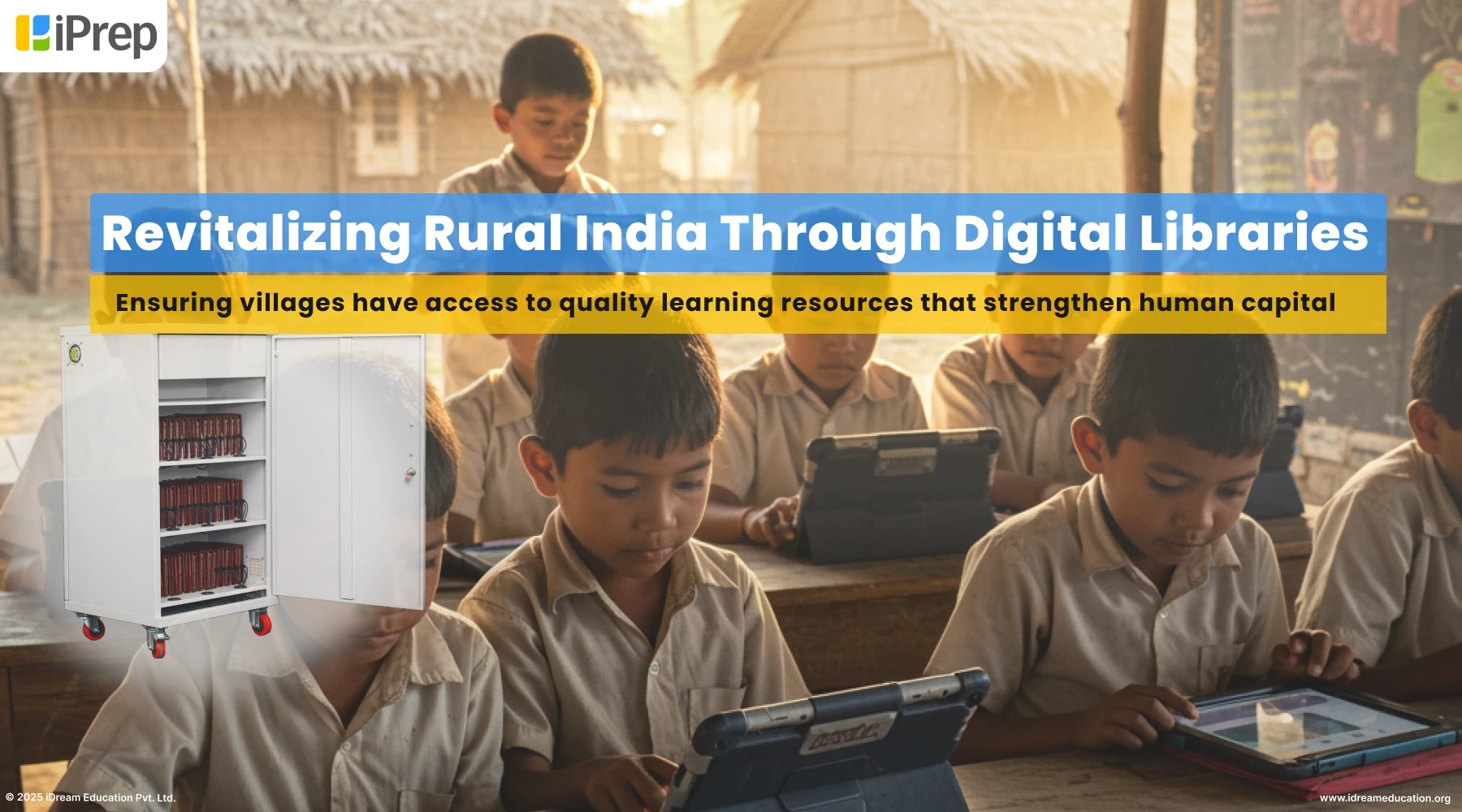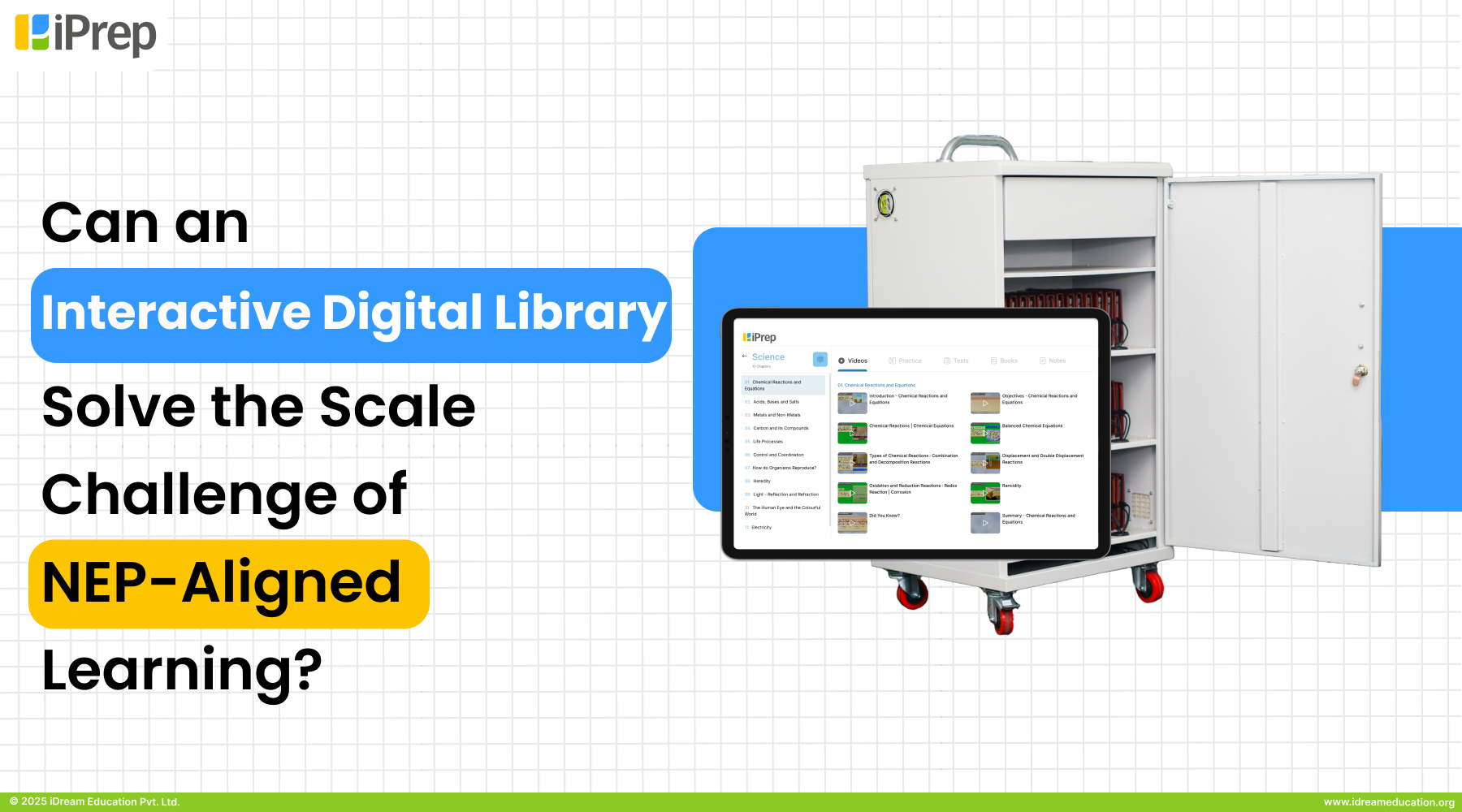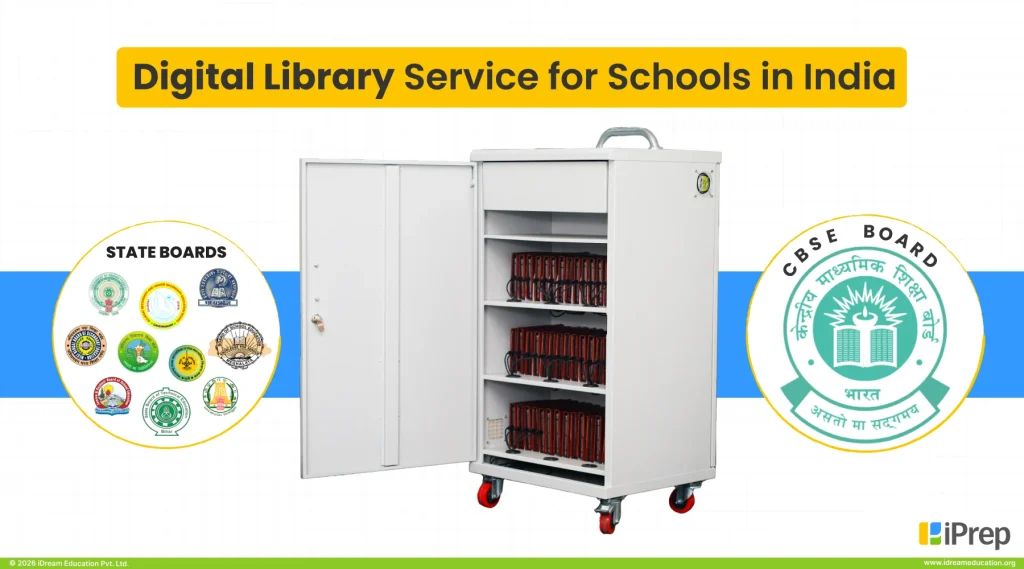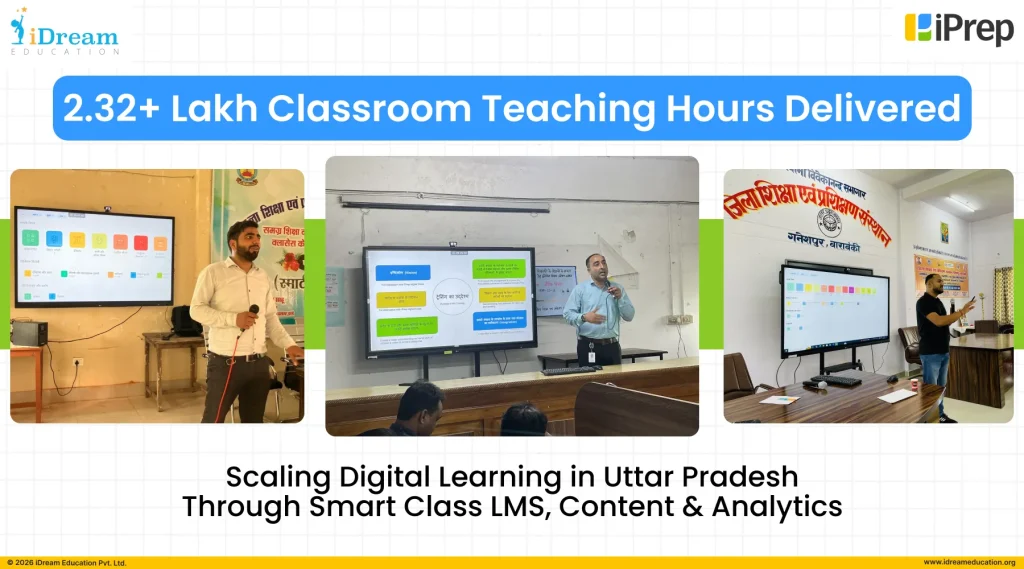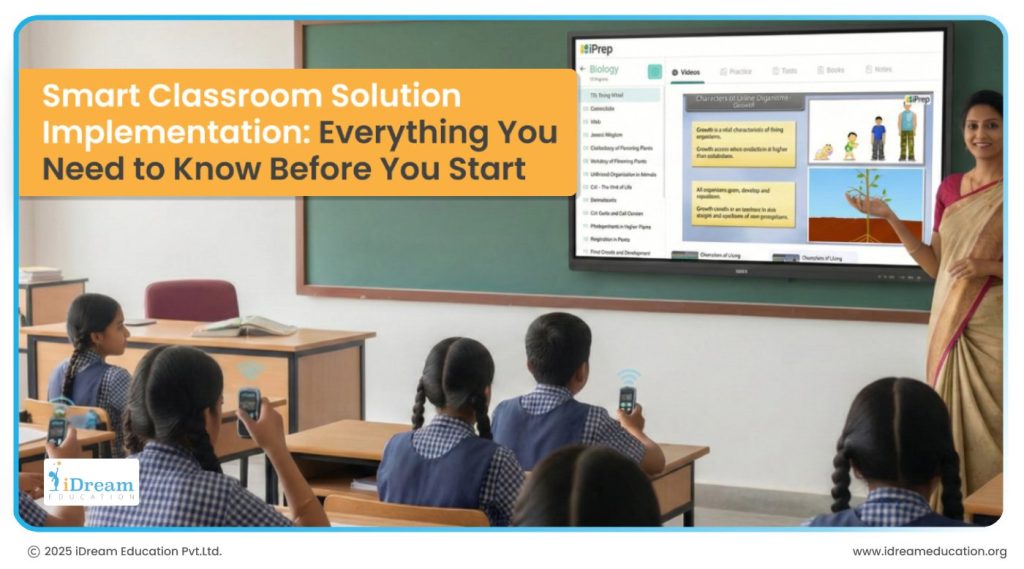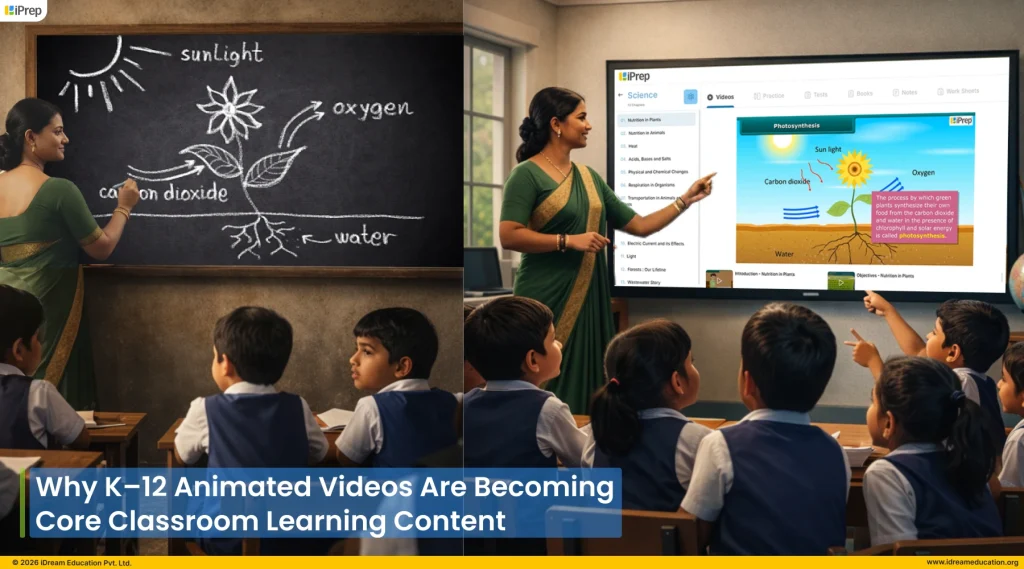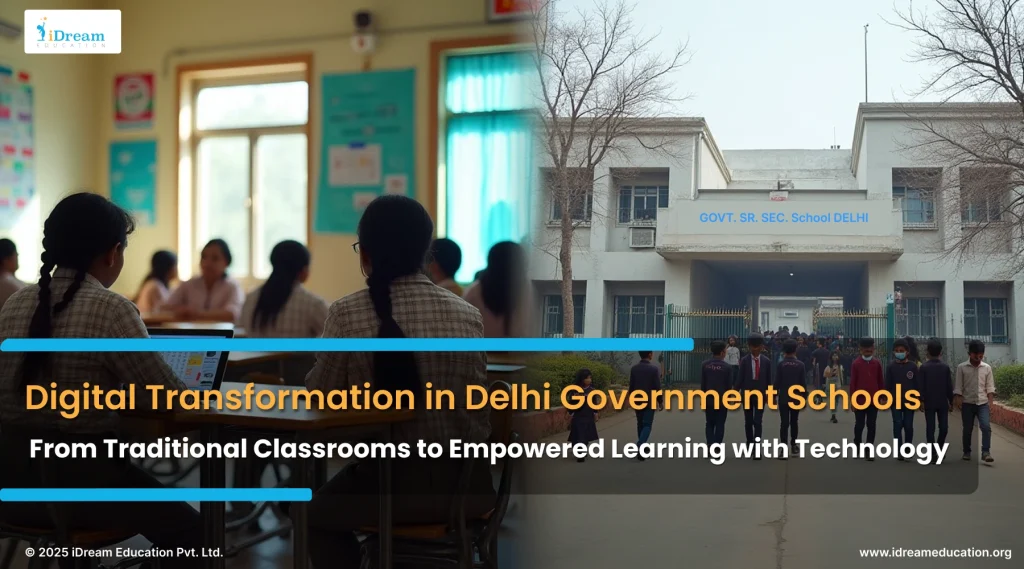
The journey of Delhi’s education from chalkboards to smart classrooms
Education in Delhi has slowly been changing, and you can really see the difference when you walk into a school today. It’s not only chalk and dust anymore. Many classrooms now have digital boards or access to tablets, and students are actually excited to use them. Teachers too find it easier to explain tricky topics when lessons come alive on a screen.
Government efforts like PM SHRI and Samagra Shiksha have pushed this change forward. Instead of depending only on printed textbooks, children can now explore e-books, videos, and interactive lessons, often in both English and Hindi. For families where no one else studied beyond primary school, this kind of exposure makes learning feel more friendly and less intimidating.
The Delhi government has also announced some big numbers, nearly 19,000 smart boards across schools with a budget close to ₹900 crore. On top of that, there are plans for 7,000 smart classrooms, 175 digital libraries, and 100 language labs. For schools in places like Najafgarh or Seemapuri, this isn’t just infrastructure, it’s hope for a better learning environment.
Digital tools are also solving small but important issues. Space is always short in schools, books are expensive, and keeping materials updated is tough. A digital library for rural schools offers a way out. Content can be updated anytime, and students always get something new to read or watch. That matches perfectly with what NEP 2020 wants: more engaging and inclusive education.
So, Delhi’s shift from chalkboards to digital classrooms is not just about gadgets. It’s about making sure every child, wherever they live, gets a fair chance to learn in the best way possible.
Building an equitable and accessible digital library in Delhi schools
Digital libraries aren’t just a futuristic concept for schools in Delhi, they’re part of everyday classroom life now. Government-led smart classrooms and CSR-funded projects mean thousands of students are using handpicked digital content in their own languages, making learning much more meaningful. Instead of memorizing facts, students can finally focus on true understanding.
What really sets a digital library apart is its ability to welcome everyone. Delhi’s classrooms are bustling with students who speak different languages and come from all kinds of backgrounds. By offering resources in multiple languages, these digital libraries make sure no one misses out. It’s not just fair, it makes students feel comfortable, and teachers say it gets more kids involved and excited about learning. That’s why so many educators think having a digital library is essential for any school aiming to be the best.
If you’re considering CSR support, Delhi stands out. Recent reports show corporate investments in digital learning are increasing in urban schools, giving big funders room to plan thoughtfully and invest in major improvements. Cities like Delhi make it easy to measure the difference your CSR funding can make, especially when digital libraries and smart classrooms support the goals of the National Education Policy (NEP) 2020.
Principals and teachers are noticing real changes, digital libraries free up teaching time, hold students’ attention, and encourage them to become independent learners. And when these libraries are used alongside personalized adaptive learning platforms, teachers get valuable insights about student progress, helping them guide each child more effectively.
Delhi expands its digital library network through CSR and NGO partnerships
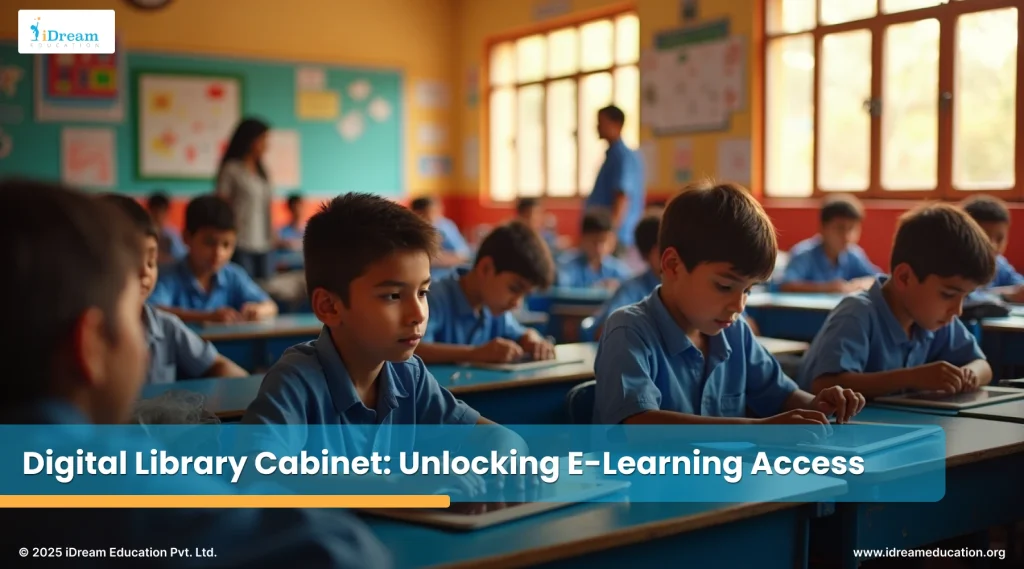
Delhi has become a hub for CSR projects in education in India, where both corporates and NGOs work hand in hand to build long-term impact. Many companies are now prioritising digital infrastructure as part of their CSR portfolios, recognising its power to transform classrooms.
An education based NGO often plays a crucial role in bridging the last-mile gap, helping schools install, train, and sustain digital libraries. NGOs in Delhi bring contextual knowledge of schools, communities, and students, making CSR interventions more effective. Collaborations between corporations and an NGO for education ensure that funds are not just spent on hardware but also on creating engaging learning experiences that teachers and students can sustain.
CSR leaders in Delhi increasingly explore models that integrate digital libraries with offline access, ensuring students in schools with weak internet connectivity are not left behind. This flexibility promotes equity across government and private-aided schools. Proper digital library implementation strengthens these initiatives by ensuring hardware, software, and training work together smoothly.
Challenges and Opportunities in Delhi Schools
Switching to digital learning in Delhi’s schools sounds great, but let’s be real, it comes with a bunch of hurdles. Some schools don’t have enough computers, so kids end up sharing. Teachers are trying their best, but not everyone is comfortable with all this new tech yet. It’s a learning process for everyone, and sometimes it gets clunky.
The big challenge? Making sure no student feels left out. Kids here speak all sorts of languages and come from really different backgrounds. So the digital library can’t just be one-size-fits-all, it needs stories and resources in lots of languages, and it has to work whether you’re on the school desktop, the family tablet, or a basic phone. When it does all that, kids seem way more excited to dive in.
This is why it actually matters who you pick for your digital library with PAL. The right fit means teachers get the help they need, the content makes sense for what’s being taught, and kids aren’t stuck if the Wi-Fi cuts out or if they need to use stuff offline. With that kind of setup, Delhi’s schools can fill gaps, make learning more interesting, and let teachers focus on teaching.
How Digital Libraries Can Transform Learning in Delhi
Delhi’s schools have always pushed boundaries, and going digital is just the next step. A digital library is so much more than a pile of ebooks, it’s videos, lessons, cool experiments, and real ways for kids to see and learn new things in their own language. Schools that adopt the best digital library software can provide structured access to all these resources while keeping it easy for teachers to track progress.
Let’s face it, big classes make it nearly impossible for teachers to help every kid as much as they’d like. But with digital libraries, students can work through lessons at their own pace. If someone’s struggling with maths, they can watch tutorials and practice as much as they want. The science whiz in the back row can check out extra experiments and dig deeper.
Really, the best providers get what schools here need. Their tools work on anything, phone or computer, and don’t leave kids without access when the net isn’t reliable. Learning becomes something that just happens all day, every day, not just when everyone’s sitting in a classroom.
This shift matches perfectly with what India’s National Education Policy is aiming for, learning that actually includes everyone and sets kids up for whatever comes next. Schools in Delhi that get this right are giving their students way more than a textbook, they’re opening doors to real opportunity.
Building Inclusive and Future-Ready Classrooms in Delhi
Education in Delhi is diverse, with students coming from different social, cultural, and linguistic backgrounds. This diversity makes inclusivity a top priority. The best digital library for schools in Delhi can bridge these gaps by offering resources in multiple languages, interactive digital library content, and age-appropriate levels.
When students can learn in their language, they feel more confident and engaged. This feature not only promotes inclusivity but also makes the digital library platform more approachable for users with varying language preferences, encouraging wider adoption and usage. That’s where the role of the best digital library provider becomes important, offering solutions that adapt to the needs of every learner.
By integrating digital libraries, Delhi schools can ensure that learning is not just about passing exams but about preparing students for life beyond school.
How Delhi-Based CSR Projects Stand Apart
Delhi’s CSR efforts in education are uniquely positioned, reflecting the city’s demographic diversity, resource density, and evolving policy ecosystem. Unlike cities with more homogeneous student profiles or rural geographies, Delhi demands solutions tailored to varied contexts, urban and peri-urban, under-resourced and digitally saturated. Implementing a Smart Classroom solution helps schools address these varied needs by combining interactive boards, adaptive learning tools, and integrated digital content to create engaging, inclusive learning environments.
Addressing Urban Inequality
CSR programmes in Delhi must bridge stark contrasts reflected even within city limits. For instance, Tech Mahindra Foundation’s ARISE initiative, supported with over ₹13 crore, is transforming over 60 schools into model learning centers, especially in underfunded municipal schools across Delhi NCR. This level of scale and urban focus is rare in less dense cities.
Teacher Empowerment at Scale
Building teacher capacity is a central pillar. Through the Shikshaantar programme, TMF operates In-Service Teacher Education Institutes (ITEIs) in East, North, and South Delhi, equipping thousands of government school teachers with modern pedagogical skills. A Kantar study found that 87% of participating teachers reported improved classroom impact.
Innovative Outreach
Even then, infrastructure gaps persist. To overcome this, Tech Mahindra launched a Mobile Science Lab, bringing interactive STEM learning directly into EDMC schools for over 1,800 students across 17 government schools. Such mobile labs are uniquely suited to Delhi’s dense urban fabric, where access and flexibility matter.
Inclusivity and Skill-Building
CSR projects in Delhi address broader systemic needs, too. The recently inaugurated Tech Mahindra SMART Academy for Digital Technologies, in partnership with Jamia Millia Islamia, equips marginalized youth with skills in coding, digital marketing, and soft skills, demonstrating how CSR education can connect schooling with real-world employability.
Infrastructure and Cost Challenges in Delhi Schools
While Delhi is home to some of India’s best private schools, many government and aided schools struggle with underfunding, infrastructure gaps, and overcrowding. According to the Delhi Economic Survey 2023-24, over 30% of government schools in the city still face issues like inadequate ICT labs, lack of proper libraries, and poor maintenance budgets (Delhi Govt Report).
CSR projects in Delhi, therefore, need to carefully plan for:
- Smart classroom set-up costs (devices, servers, interactive boards).
- Digital library costs (content licensing, PAL app integration, storage).
Maintenance budgets (AMC, teacher training, internet/data). - Equity planning to ensure peri-urban and resettlement areas are not left behind.
Such financial planning becomes crucial in drafting the BOQ for PM SHRI projects in Delhi, where vendor selection and CSR partnerships play a decisive role.
Government Push: PM SHRI and Samagra Shiksha in Delhi
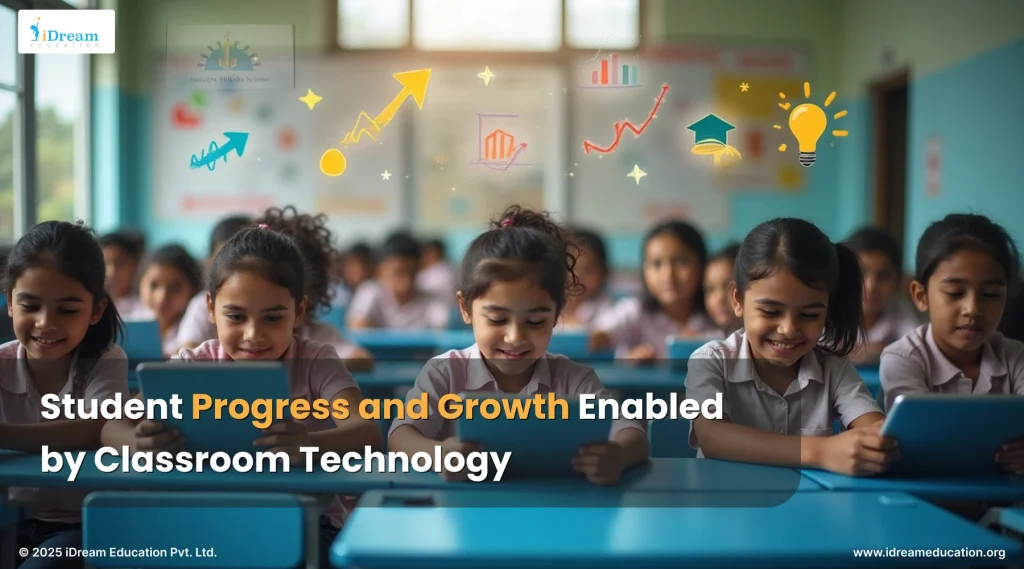
Delhi schools are part of the nationwide education reform under PM SHRI (Pradhan Mantri Schools for Rising India) and Samagra Shiksha. Both schemes emphasize digital libraries, ICT-enabled classrooms, and teacher resource packages (TRP) to make learning more inclusive and aligned with the National Education Policy (NEP) 2020.
For instance:
- Under PM SHRI, selected schools in Delhi are being developed as model schools, with provisions for smart classrooms, digital libraries, and ICT labs.
- Samagra Shiksha already funds ICT initiatives in Delhi government schools, but many require CSR partnerships to fill gaps in devices, offline content, and teacher training.
This creates a clear opportunity for corporations to decide where to spend CSR budget. By aligning with these schemes, CSR projects not only get government support but also ensure scalability and compliance.
An example can be seen in Delhi’s Education Department reports, which highlight that many schools need blended learning solutions that work even without continuous internet access. This is where a CSR partner for education can step in with solutions like:
- Offline digital libraries for government schools.
- PAL (Personalised Adaptive Learning) apps for student-specific progress.
- Teacher Resource Packages (TRP) for Classes 1–5 in bilingual mode.
- Integration of a PM Shri digital library for curriculum-aligned content across subjects.
Such collaborations ensure that national education goals guide the spending of CSR funds while addressing local challenges in Delhi schools, including high student-teacher ratios, underfunded infrastructure in outer districts, and digital skill gaps among teachers.
Building a Digital Learning Future for Delhi
Delhi’s schools are making progress, but challenges like limited resources, uneven access, and rising digital needs still remain. With the right mix of government efforts, NGO support, and CSR partnerships, these gaps can be reduced, and every student can benefit from modern learning tools.
School e-library, offline content, and teacher-focused solutions are no longer add-ons, they are becoming essential for classrooms in Delhi. When CSR projects follow a thoughtful CSR programme idea and align with national guidelines like NEP 2020 CSR education, the impact is not just measurable but also deeply meaningful for schools and communities.
With a digital library in Delhi schools, we can promote inclusivity, bridge access gaps, and ensure measurable educational outcomes in the long run.
Let’s build meaningful digital learning solutions for Delhi schools. For more information, you can reach us at +917678265039 or write to us at share@idreameducation.org. You can also share your details here, and our team will connect with you.


